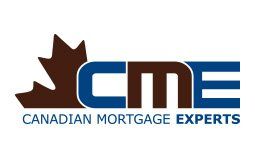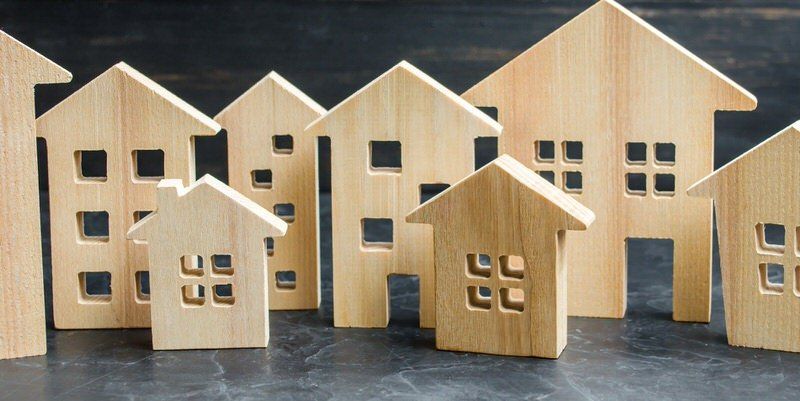Will the Bank of Canada cut rates next Announcement?
Growing fallout from the coronavirus — including tanking stock markets and falling oil prices — means the Bank of Canada is increasingly likely to cut interest rates this week.
Just days ago, the market consensus was that the Bank of Canada would wait until its April meeting before lowering rates by 25 bps, in order to give the Governing Council more time to assess the situation.
But panic selling on the world’s stock markets, as well as a 25%+ drop in the price in WTI crude oil since the start of the year, means markets are nearly fully expecting the Bank of Canada to move its rate cut to its upcoming meeting this Wednesday.
Not only that, but markets are suddenly pricing in three quarter-point rate cuts by the end of the year.
Economists at RBC Economics are among those anticipating a rate cut this week.
“The plunge in global equity markets and sharp drop in commodity prices, in particular oil, are bumping up the risks that the confidence hit in financial markets will be mirrored in household and business sentiment,” said RBC’s Deputy Chief Economist, Dawn Desjardins. “The data doesn’t show this yet but with markets extrapolating what looked like a modest hit to global growth from the coronavirus into a full-fledged economic downturn, the bank is likely to want to lean against any deterioration in confidence.”
She added that the bank’s revised call for a rate cut does not remove the possibility for an additional rate cut in April.
“The Bank of Canada doesn’t want to further stoke this fire [household debt-to-income ratios reaching new highs] via rate cuts that could encourage home-buying behaviour,” added economists at TD Economics, who also expect a rate cut this week. “But the unfortunate truth is that it probably can’t do much to manage this market.”
Stephen Brown, Chief Economist at Capital Economics, added that increased confidence of price growth among homeowners may be welcomed by the BoC in this time of growing fear in equity markets.
“We think the Bank would only cut if it were convinced that the disruption caused by the virus elsewhere in the world has already been enough to seriously jeopardize domestic growth…The sharp downward moves in commodity prices are a bigger immediate risk, but volatile market moves may not be enough to persuade the Bank to cut either,” Brown wrote. “All that said, it clearly would not take much more to change the Bank’s mind. While it has been worried about the effects of looser policy on house prices, it may become more welcoming of a further boost to housing wealth if equity values continue to plummet.”
Derek Holt, head of capital markets at Scotiabank, urged the Bank to cut rates right away given the latest developments.
“The Bank of Canada needs to cut. Now. Enough dithering,” he wrote on Friday. “The greater risk to financial stability is not giving the economy a shot in the arm.”
This article is an excerpt from: " BoC Increasingly Likely to Deliver a Surprise Rate Cut This Week" written by Steve Huebl and originally published on Canadian Mortgage Trends Mach 2nd 2020.




